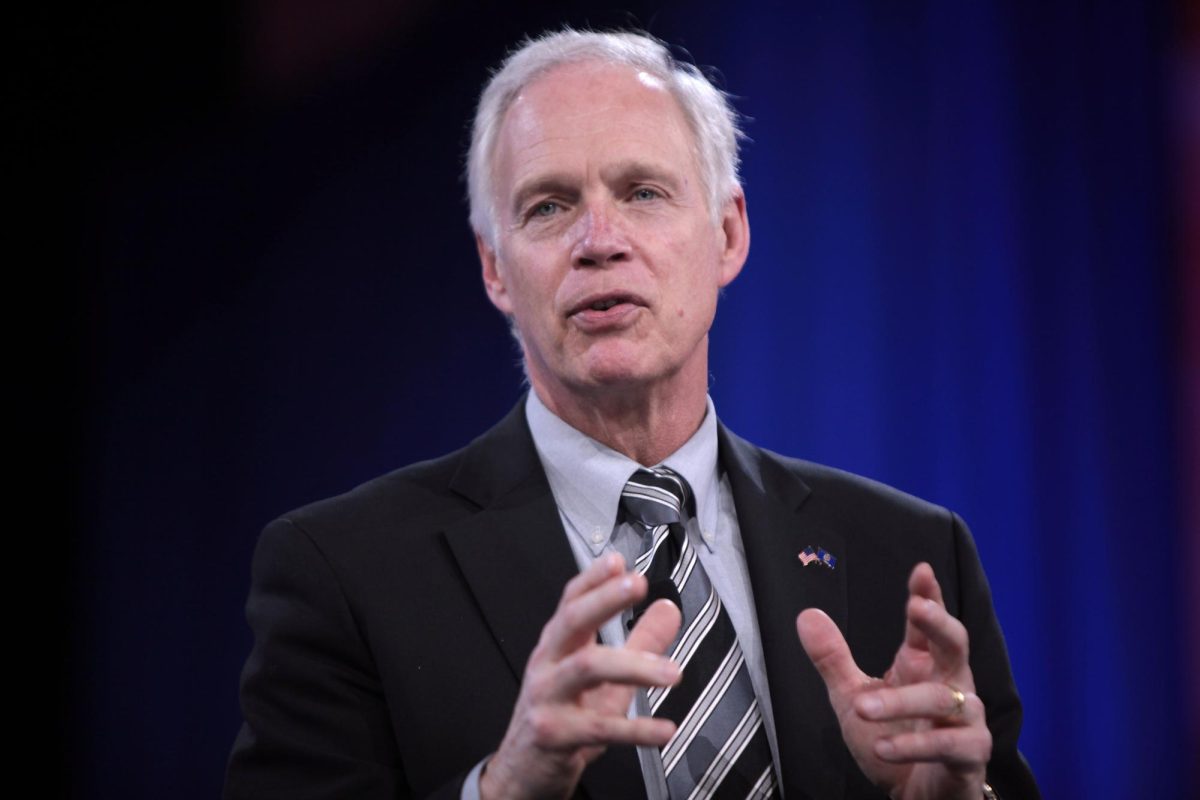[media-credit id=91 align=”alignright” width=”638″] [/media-credit]
[/media-credit]
This year, UW Oshkosh students will pay more than $10.07 million in segregated fees, which will be dispersed to groups that provide an array of services, facilities and programs. On the individual level, this means each undergraduate student pays $1,065 on top of his or her tuition and any room and board expenses to help fund select University operations. According to last year’s Segregated Fee Committee report, Oshkosh ranks as the fourth lowest in segregated fees and is 11 percent lower than the UW-System average. “I think it’s important that students know what they’re paying for and have some input on the committee,” Segregated Fee Committee adviser Jean Kwaterski said. The responsibility of choosing where these funds go is handed to the Segregated Fee Committee, comprised of appointed students, faculty and staff. They have the power to raise segregated fees and recommend where the money is spent. “We’re actually really lucky in Oshkosh in the way the relationship between student members and faculty administration members works,” Segregated Fee Committee member Christopher Stočkus said. “The administrative members on the committee serve as an institutional knowledge for us and give us perspective on how things were done in the past. For the most part, the decisions are entirely made by the students.” The committee is set to begin deliberations on next year’s Segregated Fees later this semester, and UW-System budget cuts are expected to lead to an increase of the amount of programs paid for through segregated fees. “We’re possibly moving things from the regular University budget to the [segregated] fees,” Segregated Fee Committee Chair Nicole Lehto said. “It’s not going to be big things. It will be somewhat smaller things that benefit students and would make sense for them to pay. Tuition is frozen right now, so you’ll really notice that change in [segregated] fees.” This year’s segregated fees included a gambit of building projects, student services and campus initiatives. Lehto said the committee chooses which areas to fund based on the benefits they can provide to students. “The whole point of segregated fees is to provide students the best experiences at Oshkosh,” Lehto said. “For example, some of the running budgets we fund are for Reeve Memorial Union, which all students, faculty and alumni use for different things.” There are two types of segregated fees: allocable and non-allocable. Allocable fees are used by recognized student organizations, intramural sports and department clubs. Non-allocable funds are channeled into long-term or ongoing projects and services such as the Children’s Learning & Care Center or Reeve. Multi-million dollar non-academic building projects such as the Reeve renovations and the RecPlex are spread out into multi-year plans, during which segregated fees gradually pay off the large sum. This is done to help offset the cost to students and prevent a spike in student bills. “This will be my third year on the committee, and every year there is a slight increase [in segregated fees],” Lehto said. “We try to minimize that and spread it out across a few years so we’re not paying for one thing all in one year, like the Reeve [Memorial] Union renovation. We’re spreading it out so the percent change is smaller.” Reeve is receiving the largest slice of segregated fee money this year, with more than $3.05 million being directed towards Reeve operating costs and its future renovations set to begin in January. This means each student pays $321.75. “The Reeve Union renovation is going to provide more opportunities for students and more places for them to go, so that’s going to benefit them,” Lehto said. Student Recreation will take another sizable chunk out of segregated fees for its operating costs, the salary of its director and the future RecPlex complex. This year, each student will pay $319.09. “We’re continuously funding [the RecPlex], it’s just on a little bit of a halt due to trying to find an architect and an engineer for it,” Lehto said. “It’s going to go through eventually, and we got the building plans for it this last year.” There are smaller-scale programs that also dip into the segregated fee pot including sports, clubs and facilities. In total, these groups will take up the remaining approximate $4 million. The Student Health Center, for example, is collecting $148.18 from each student this year, which makes some students wonder why they are paying for services they may not necessarily be using. “I would like certain expenses to be an option or only for those who use that service,” Oshkosh senior Alex Graeff said. “For example, the Health Center, I don’t really use that. The fact that it’s added on is inconvenient.” Without uniform segregated fees, Kwaterski said costs for services would be prohibitively higher and nearly impossible to enforce. “The segregated fee is similar to how everyone pays taxes,” Kwaterski said. “They are a necessary part of having a city. Segregated fees pay for services that were deemed necessary by the students and administrators over the years.” Concerns such as this are what drive some people to get involved with the Segregated Fee Committee. Stočkus said he has learned where exactly students’ money is going and why. “You look at your account every year when you have to pay your balance, and you see all of these extra fees that are coming off, and you wonder where they are going to and why are they coming off, and I wanted to get involved in [segregated] fees to insure our funds are being spent in a way I think they should be spent,” Stočkus said. “It’s a multi-million dollar budget you’re dealing with and it’s a really great experience working with that budget and figuring out what should be covered.” As of Sept. 25, the committee was still searching for three more students to join before meetings begin in early October. Those interested should contact Lehto or an OSA representative.








